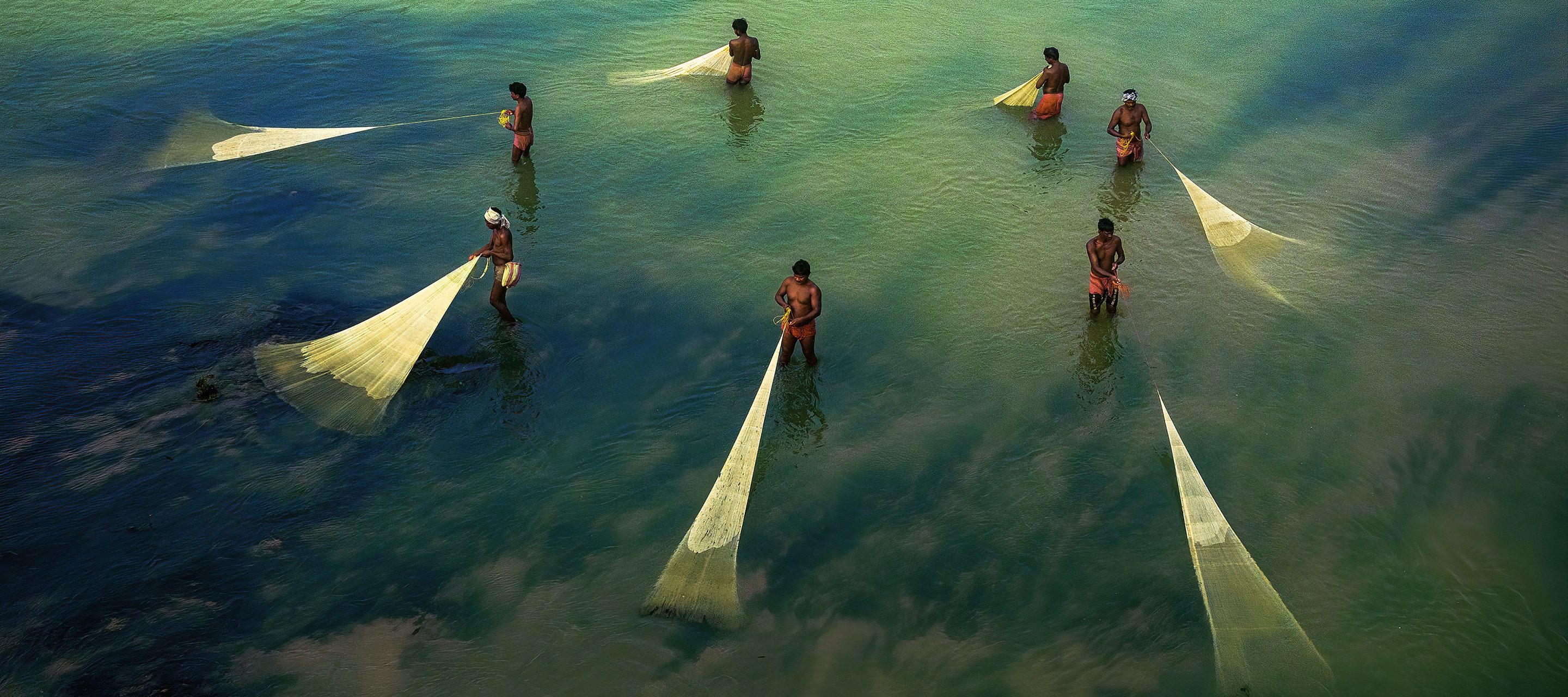IHRB’s Ocean Platform welcomes inclusion of indigenous voices in the governance of international waters
3 October 2025

For the first time, Indigenous peoples’ traditional knowledge, wisdom and expertise is being formally acknowledged in the governance of international waters via the UN High Seas Treaty, which comes into effect in January 2026.
The UN High Seas Treaty offers a tool for nations to create new or larger marine protected areas (MPAs), allowing for stronger accountability of governments and ocean industries in their role in safeguarding 30% of the ocean by 2030, including biodiversity, food security and coastal livelihoods of marginalised communities.
The Ocean Platform for Human Rights, a joint initiative from IHRB and the Rafto Foundation, welcomes this development and pledges to continue to support the work of Indigenous peoples, and coastal communities, through our regional partners and their networks. For centuries, Indigenous people have protected the oceans not merely as a source of commodities but as life-giving and sacred kin. The Ocean Platform will continue to advocate for stronger multi-stakeholder dialogue with indigenous leaders and human rights defenders to strengthen accountability within ocean industries from aquaculture and tourism to shipping and energy.
For the Wayúu people of La Guajira, Colombia, the sea is far more than merely a resource:
"We call it our food bank, but it is also a spiritual, territorial, and ancestral space—our connection to the beyond, where our ancestors rest. Cabo de la Vela (Jepirra) is recognized as one of our most sacred sites.
Fishing areas such as Bahía Honda are tied to guardian spirits and to cycles of balance between people, the land, and the water.
In our Wayúu cosmovision, the sea is a mother provider—offering food, medicine, and routes of exchange.
But imbalance—caused by overfishing, pollution, and large-scale projects—creates not only environmental damage, but also deep cultural and spiritual ruptures.
The creation of the ‘ZEPA Aloja Anamia (Bahía Honda)’ through AUNAP’s resolution is a milestone: this Exclusive Zone for Artisanal Fishing protects a vital area for Wayúu apalanchii fishers and other coastal communities.
Our goal is to safeguard these waters for Wayúu artisanal fishers against the advance of industrial fleets and extractive projects.
This ZEPA can also be seen as a local example of a Marine Protected Area, aligned with the principles of the UN High Seas Treaty—especially intergenerational equity and justice, values that resonate with our vision of passing on a healthy sea to future generations."
– Alexander, Wayúu community leader, La Guajira, Colombia.
In Kerala in Southwest India, the indigenous fishing communities also welcome the additional protection from commercial over-exploitation, which the Treaty promises:
"We are the Mukkuvar - one of the very few traditional deep sea fishing communities in Asia. We engage with the ocean beyond our national territories, and have a tremendous knowledge of deep sea ecosystems. We welcome the UN High Seas Treaty, which we have been asking for the last some years. In any discussion on protection and use of the open seas (Areas Beyond National Jurisdiction or ABNJ), Indigenous deep-sea fishing communities should be there, and there should be avenues of opportunities for engaging with us meaningfully."
– Johnson Jament, Executive Director, BlueGreen
Learn more about our Ocean and Human Rights Platform: https://www.ihrb.org/issues/oceans



